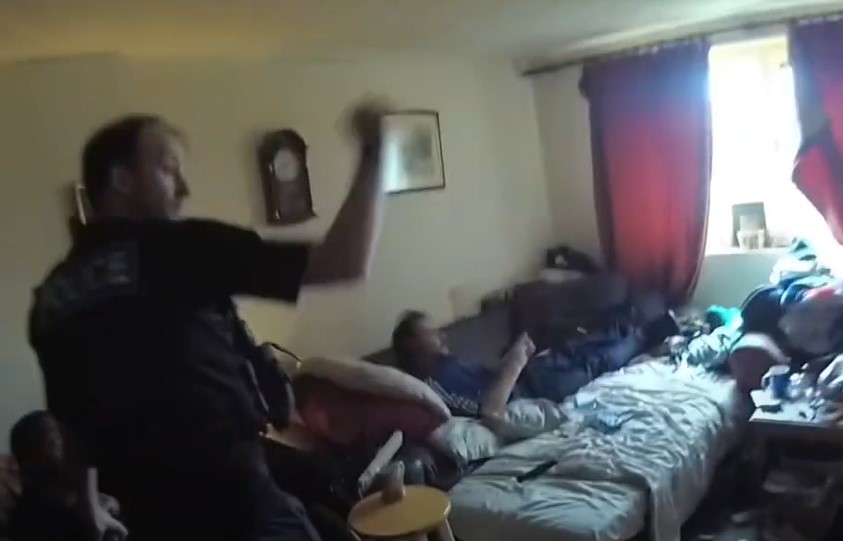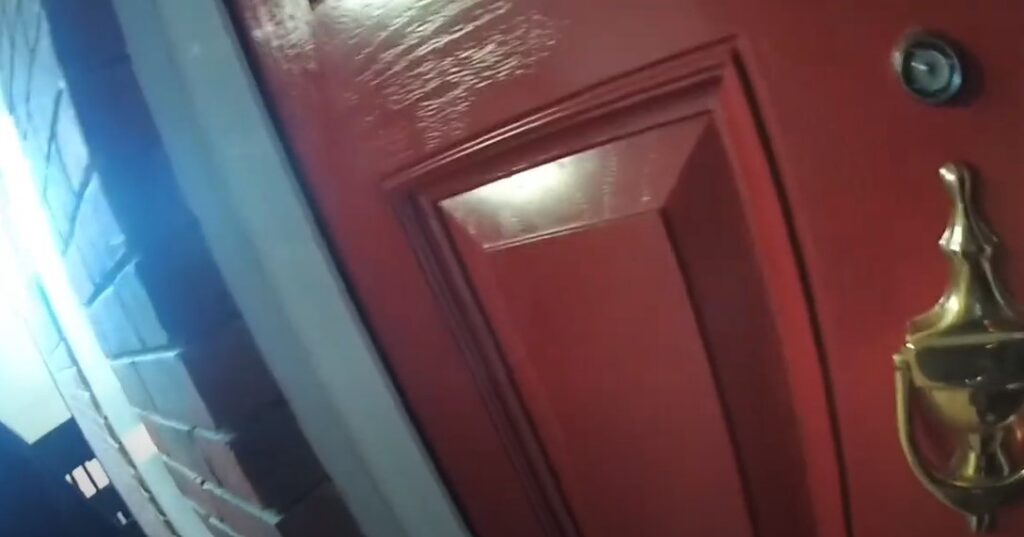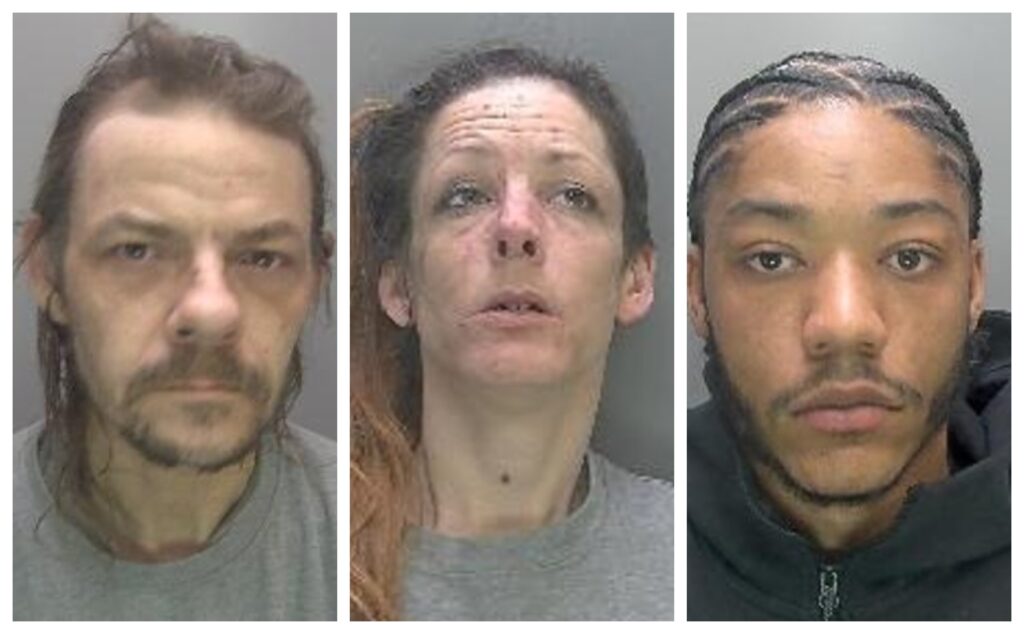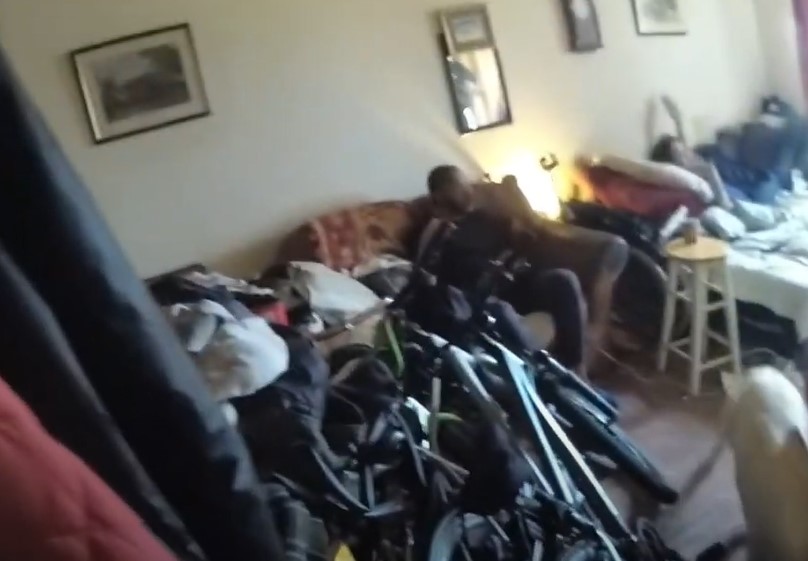Three drug dealers used a vulnerable person’s home in Cambridge to ply their trade, a court heard. The trio of offenders raised suspicions that the tenant was being cuckooed – and a visit by police confirmed it.
Police visited the property in Kingsway, Cambridge, on 30 May last year and inside they found a man in his 60s as well as two men and a woman who had no reason to be there.
Police also discovered class A drugs including crack cocaine and heroin, mobile phones with messages linking to drug dealing, cash a knife and other drug paraphernalia.
At Peterborough Crown Court on Wednesday, (18 September), Tarmani Carty, 22, of Crofton Lane, Orpington, London, was sentenced to four years in prison after pleading guilty to being concerned in the supply of heroin and crack cocaine.
At an earlier hearing at Peterborough Crown Court on 5 June, Roland Hare, 45, of Kingsway, Cambridge, was sentenced to 32 months in prison after pleading guilty to being concerned in the supply of heroin and crack cocaine.

Aileen Grimewood, 42, of Ness Road, Burwell, was sentenced to 28 months in prison after pleading guilty to being concerned in the supply of crack cocaine and concerned in the offer to supply heroin.

Sergeant Alice Jeffery, from the Cambridge neighbourhood policing team, said: “This trio worked their way into a vulnerable man’s home and used it as a base to supply and take class A drugs.

From left: Roland Hare of Cambridge, Aileen Grimewood of Burwell, and Tarmani Carter of Orpington, jailed for a combined total of nearly 9 years for drug offences. They were caught in Cambridge following suspicions of cuckooing
“We hope this conviction sends a clear message that we will not allow the exploitation of others. The information from the public around drugs supply plays an important role in helping to put those responsible before the courts.”
Report information to police online www.cambs.police.uk for more information about cuckooing, visit https://www.cambs.police.uk/advice/advice-and-information/cl/county-lines/
County lines is the name given to drug dealing where organised criminal groups (OCGs) use phone lines to move and supply drugs, usually from cities into smaller towns and rural areas.
They exploit vulnerable people, including children and those with mental health or addiction issues, by recruiting them to distribute the drugs.
This is often referred to as ‘drug running’. Criminals may also use a vulnerable person’s home as their base of operations. This is known as ‘cuckooing’.
Cuckooing
OCGs often use high levels of violence and intimidation to protect the ‘county line’ and control them.
One of these forms of control exploits vulnerable people by using their home as a base for dealing drugs, a process known as cuckooing. Dealers often convince the vulnerable person to let their home be used for drug dealing by giving them free drugs or offering to pay for food or utilities.

Often OCGs target people who are lonely, isolated, or have addiction issues. It’s common for OCGs to use a property for a short amount of time, moving address frequently to reduce the chance of being caught.
There are several signs to look out for that may indicate someone is a victim of cuckooing:
- frequent visitors at unsociable hours
- changes in your neighbour’s daily routine
- unusual smells coming from a property
- suspicious or unfamiliar vehicles outside an address


















